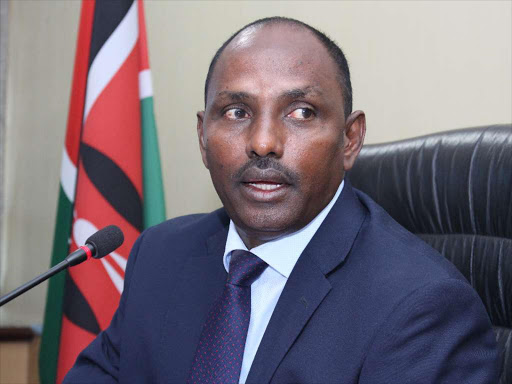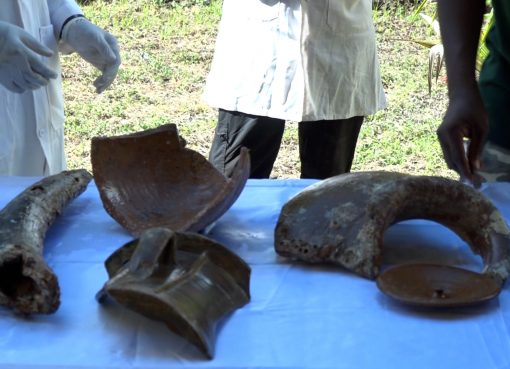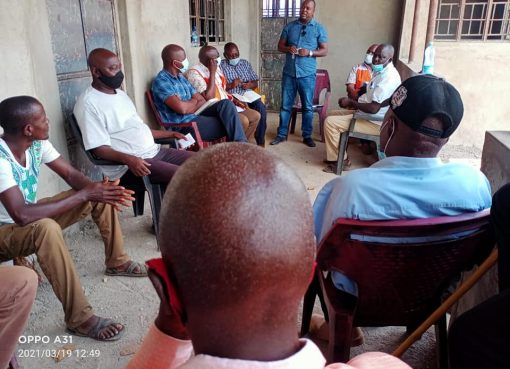Anxiety had gripped Kiambu residents a head of the tabling of the projected ksh 3.6 trillion for the country’s budget for the year 2021/2022 to be presented to parliament by Cabinet Secretary for finance Ukur Yatani next week.
Resident are optimistic that the budgetary projections will address the welfare of the common man by reducing cost of living through tax exemptions and reliefs on essential items.
Expectations are high that taxations on items like cooking oil and wheat flour should be reduced while rising the tax of non-essential items such as cigarettes and alcohol.
Residents interviewed told KNA that the recent hike in the price of fuel was hurting the common man because transporters and traders had passed the additional cost to the consumers leading to an increase of prices of basic commodities.
Valentine Waithera, a business lady at Kiambu market explains that she uses high transportation on her goods yet when they get to the market they don’t sell due to effects of Covid – 19 and ends up disposing of a large percentage, hence incurring losses.
There are also expectations that the budget will have funds set aside for youth empowerment to promote job creation initiative.
Waithera, who is also a youth, explains that even with academic papers, unemployment continued to ail the youth who consequently opt for self-employment but do not get reliable support.
Ms. Grace Njuguna, a mother and a greengrocer at Kiambu market supports youth empowerment. “These youths are hungry. Sometimes when I walk around and see them, I pity them. I give them a banana or an avocado. They need assistance to help themselves financially.
Ms. Njuguna says that she cannot transport bananas and avocados safely from her farm in Mang’u to Thika market due to poor Ng’etho-Gatukuyu road that connects her area to Thika, and also transportation cost is high.
Reuben Kariuki, a sales agent at Green World Health expects that the budget will consider farmers since farming is the backbone of food production, those promises food security for the people
Providing those with seeds, fertilizers and training as well as reducing the cost of processing products will help reduce the cost of final food produces hence lower the cost of living.
The cost of living would also be lowered if funds will be set aside for better road infrastructure.
The residents also expect that the budget will address the health sector and especially the cost of treating Covid- 19, and now that the Indian variant has been highly manifesting itself in some parts of the country.
Kariuki who recovered from Covid-19 recently says that he paid 5,000 shillings at an undisclosed hospital since he did not wish to seek medication from a public institution. It is his expectation that the budget will have funds set aside to cover the cost for Kenyans who cannot afford such amounts of money.
It is the expectation of citizens in the middle of the Corona pandemic whose end is unknown that the budget will focus on matters that are basic to the mwananchi rather than political issues such as the BBI and the 2022 elections. “This is also what I hope for as a citizen of this country”, said Joseph Njeru, a bodaboda operator in Kiambu town.
This fiscal year’s budget has slightly gone high to 3.6 trillion as compared to 2021/2021 budget which was 2.91trillion, while the 2019/2020 budget was 1.83 trillion.
By Lydia Shiloya and Lucy Mwikali





